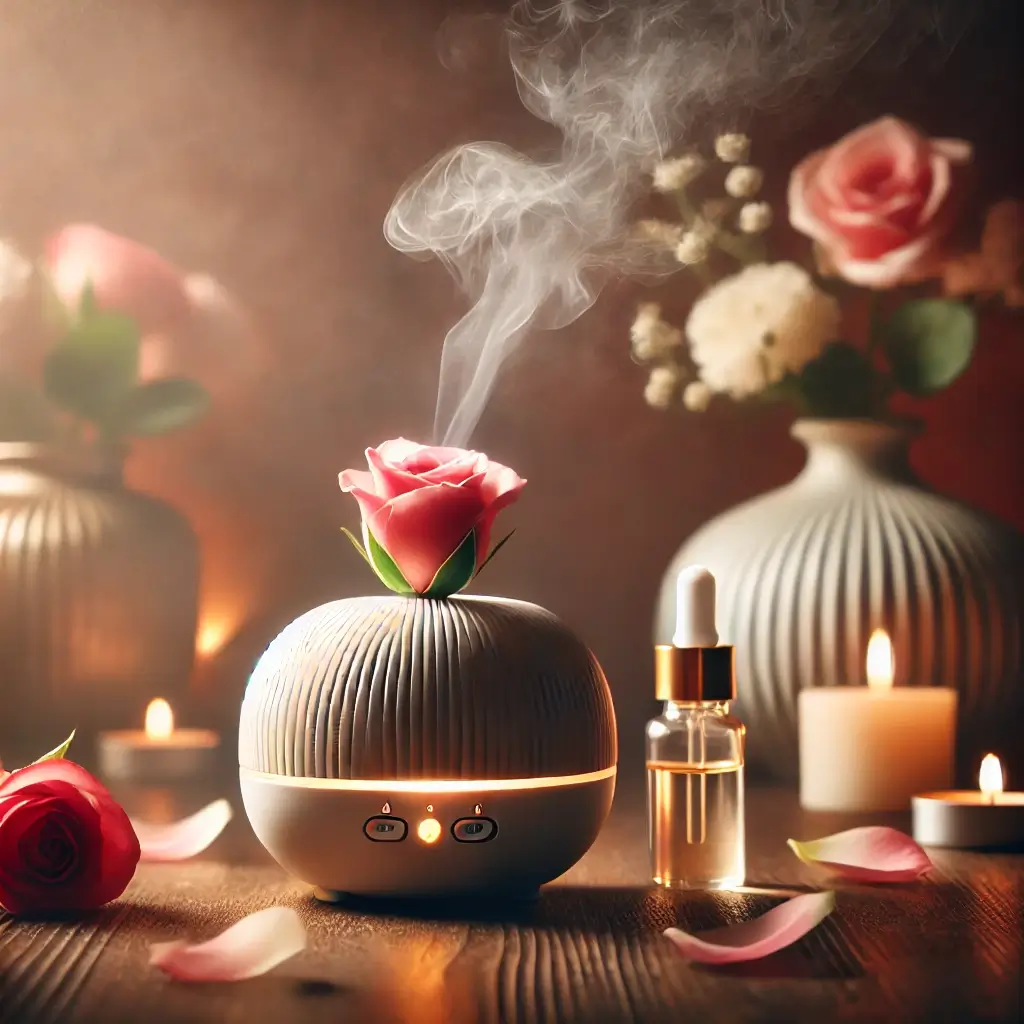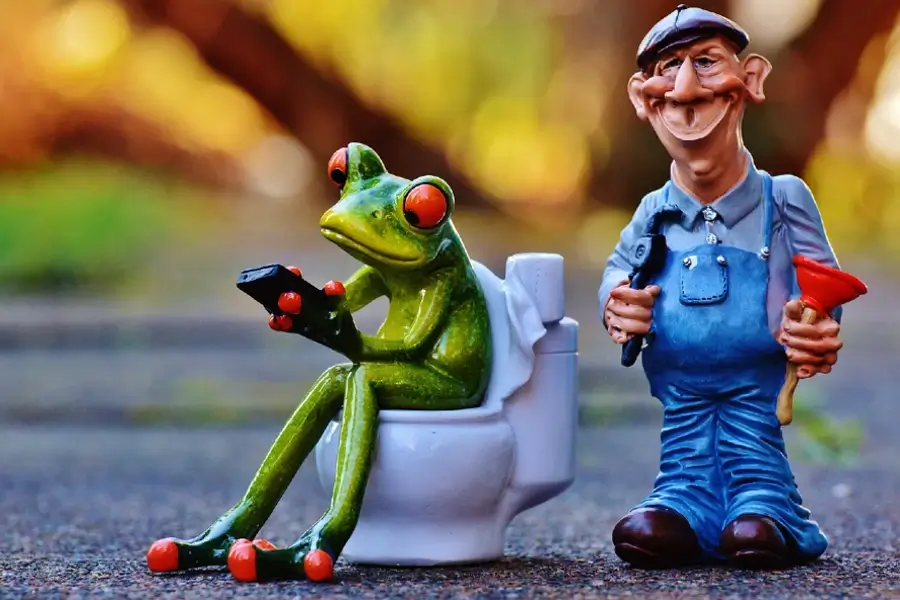Sleep problems and sleep apnea are both common diseases that affect millions of people all over the world. Sleep apnea is a condition that causes people to stop breathing during sleep. The presence of these factors may make it difficult to fall asleep, to stay asleep, or to breathe generally while one is sleeping. Even though several treatments require a prescription, a significant number of people choose to make use of natural therapies to alleviate the symptoms that they are experiencing. Herbal remedies are frequently the treatment of choice for these individuals who are looking for a natural method of treating their sleep disorders and sleep apnea. Herbal remedies consist of plants that have been used for centuries.
One of the herbal remedies widely considered to be among the most effective for treating insomnia is valerian root. Throughout many generations, the root of the valerian plant has been utilized as a natural sedative to facilitate relaxation and improve sleep quality. It does this by increasing the levels of GABA in the brain, which results in the relaxation of the nervous system and the induction of sleep. This is how it achieves its effects. Several different valerian root preparations can be purchased, including capsules, tinctures, and teas, among other options.
Its Ability to Tranquilize the Body
Another well-known herbal medicine that is used to treat sleep disturbances is chamomile. Chamomile has been used since ancient times. One of the plants that has a calming effect on the body is chamomile, which is a soothing plant. Because of its ability to tranquilize the body, it is frequently utilized in the treatment of anxiety and the induction of relaxation. Chemicals that bind to the same receptors as benzodiazepines, which are a class of medications that are frequently used in the treatment of anxiety and sleep disorders, are the components that make up this substance. Consuming chamomile tea or taking it in supplement form are both viable options. Both choices are open to consideration.
There is evidence that lavender, which is a type of herbal medicine, can improve the quality of sleep that one receives. While the scent of lavender has the ability to calm the body, it also has the potential to help reduce feelings of anxiety and stress. Lavender has a calming effect on the body. It is possible to promote relaxation before going to bed by diffusing lavender essential oil throughout a room or incorporating it into the bath experience.
Usefulness of Passionflower for Sleep
Over several centuries, the climbing vine known as the passionflower has been a therapeutic remedy for treating anxiety and the inability to sleep. GABA levels in the brain are thought to be increased, which is the mechanism that is believed to be responsible for its effects. The usefulness of passionflower for sleep has been the subject of various studies; nonetheless, evidence suggests that it may enhance sleep quality in specific individuals.
Keep in mind that herbal medicines do not guarantee effectiveness for sleep problems. If you are having trouble sleeping, consult with your physician to rule out any underlying medical concerns. Additionally, it would help if you discussed any herbal therapies that you are considering using with your primary care physician, as certain herbs have the potential to interact with pharmaceuticals.
Herbal Treatment option for Sleep Apnea
Several other herbal therapies can help treat conditions associated with sleep apnea. Eucalyptus oil is among the most effective remedies. Because of its anti-inflammatory properties, eucalyptus oil has the potential to reduce inflammation in the airways, a common factor in the development of sleep apnea. Breathing it in or applying it topically to the chest and throat before going to bed is also possible. Both of these methods are viable options.
Another herbal treatment option for sleep apnea is the application of peppermint oil directly to the affected area. Peppermint oil has a cooling effect on the airways, which means that it can help reduce inflammation and also help open up the airways. This is because peppermint oil has a cooling effect on the airways. Before going to bed, it is possible to either inhale it or dissolve it in a warm bath simultaneously.
Remedies Will Not Be Effective for Everyone
The conclusion is that individuals who are afflicted with sleep disorders and sleep apnea have access to a wide range of herbal medicines that can be utilized to treat their respective health conditions. Even though it is possible that these remedies will not be effective for everyone, they are an alternative to pharmaceutical treatments that are both natural and risk-free. It is essential to consult with a healthcare professional before beginning treatment with any new herbal cure. This is done to determine whether the therapy is safe and helpful for your particular needs.
It is generally agreed upon that the herb known as Valerian Root is the most effective natural treatment for insomnia (also known as sleeplessness). Increases in levels of GABA, a neurotransmitter in the brain that promotes relaxation, are thought to be the mechanism by which it works. They are responsible for the effects of the substance. Studies have shown that valerian root can improve the quality of sleep, particularly for people in their later years. This is especially true for people who are in their later years.
Promote Feelings of Calm and Sleepiness
Chamomile: Chamomile is a flowering herb that has long been used to promote feelings of calm and sleepiness. It is also used in the medical field. One theory proposes that it induces mild sedation of the nervous system, which is how it works. When it comes to beverages, chamomile is most commonly consumed in the form of tea; however, it is also available in capsule and extract form.
Lavender is a flowering herb that is also well-known for the calming aroma that it leaves behind. In addition, lavender is a flowering herb. The application of lavender oil topically and the inhalation of it are both effective methods for promoting relaxation and sleep among individuals. Lavender oil has been shown in a few studies to have the potential to improve the quality of sleep in people who suffer from anxiety. This potential has been demonstrated.

Dominic E. is a passionate filmmaker navigating the exciting intersection of art and science. By day, he delves into the complexities of the human body as a full-time medical writer, meticulously translating intricate medical concepts into accessible and engaging narratives. By night, he explores the boundless realm of cinematic storytelling, crafting narratives that evoke emotion and challenge perspectives.
Film Student and Full-time Medical Writer for ContentVendor.com




